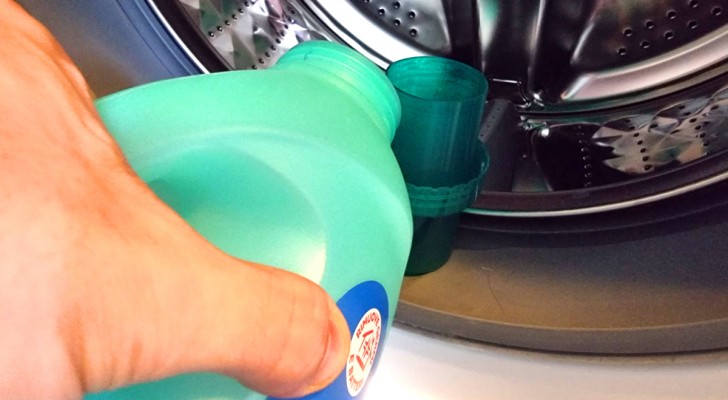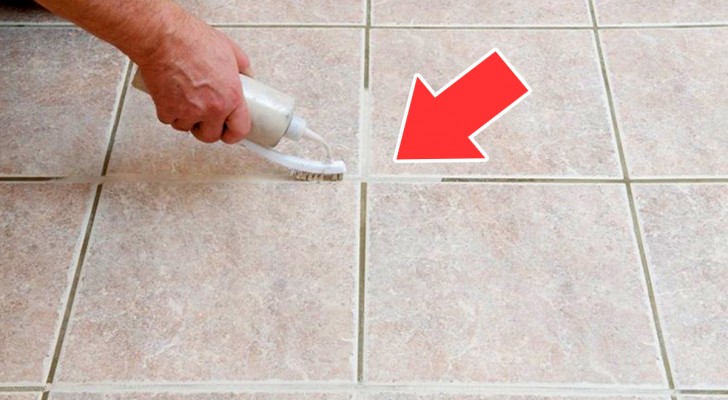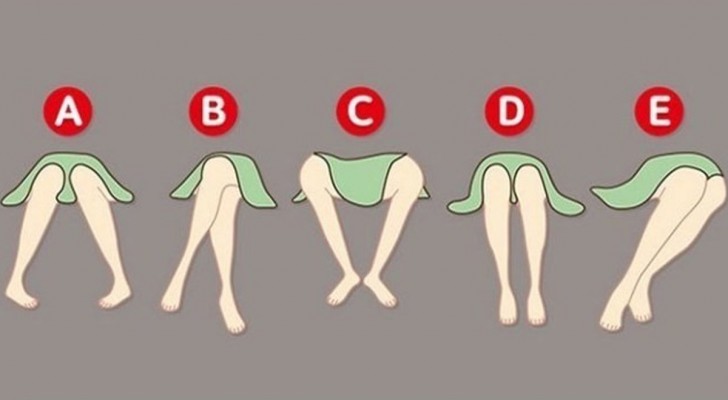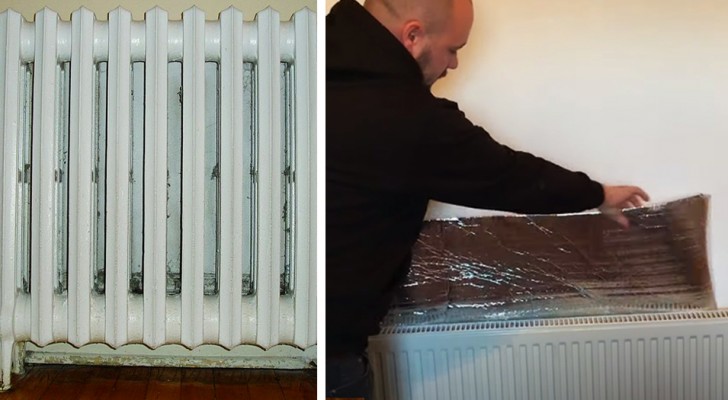11 things you should never, ever clean with vinegar!
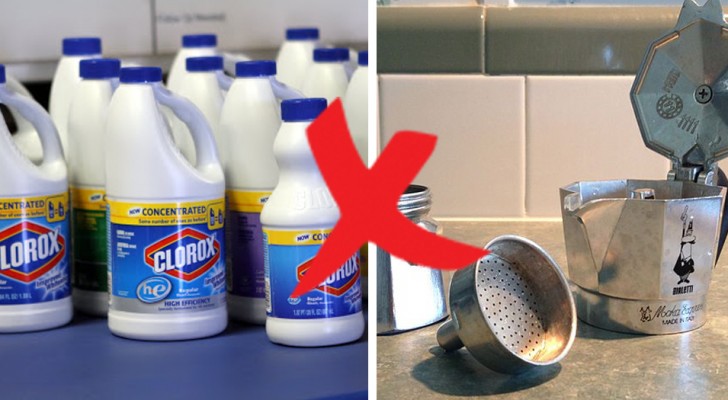
Being able to clean your home using natural and low-polluting ingredients, as well as being inexpensive, is a dream that is partly achievable.
In fact, we know, that lemon, baking soda, salt, and vinegar are formidable in eliminating dirt, equal to the products that we see advertised on TV.
However, even these natural "detergents" have some contraindications because their chemical composition, in fact, could be harmful to some materials.
Today we will focus on vinegar, listing all the cases where it would be better not to use it.
Marble
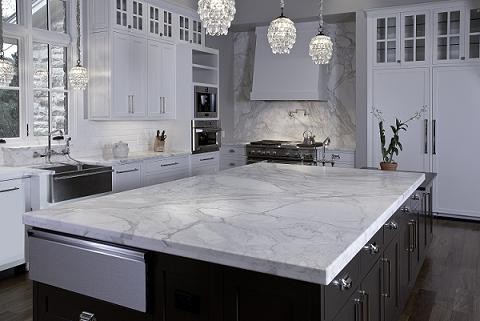
Marble surfaces and similar materials are considered indestructible. In fact, this is true for heat, blows, and cuts, but ingredients such as vinegar can be too aggressive, to the point that the marble surface can be stained or even corroded.
Screens on technological devices
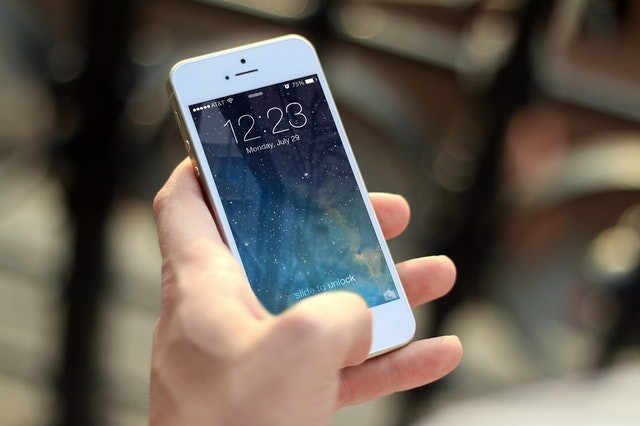
Smartphone and tablet screens have a protective surface that vinegar could remove. To clean these screens, it is preferable to use only water and a microfibre cloth.
Waxed wood surfaces
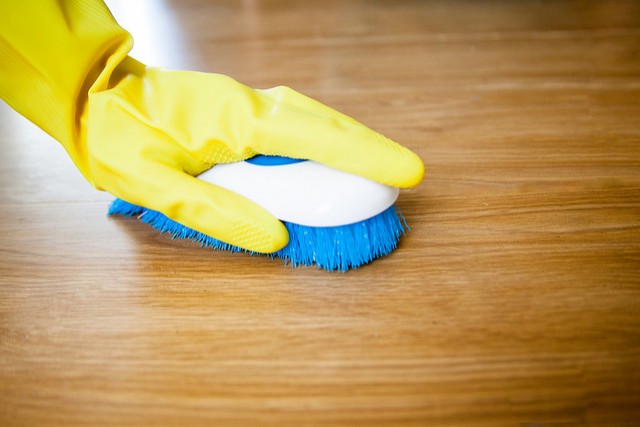
franchise opportunities/Flickr
Some wooden surfaces and furniture are treated with a thin layer of wax, therefore, avoid using vinegar so as not to remove it.
Floor with untreated tile joints
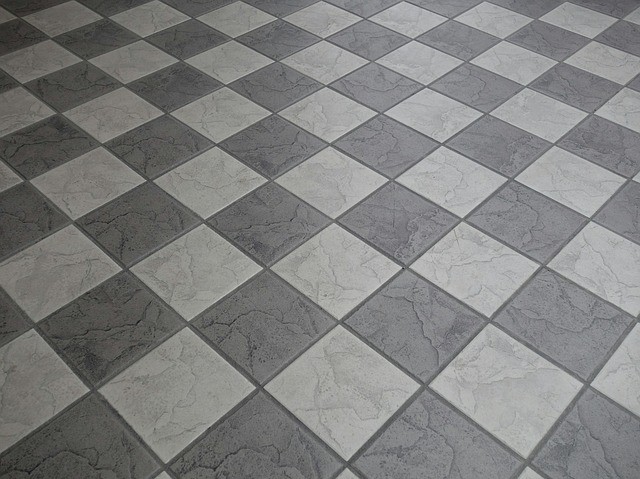
Vinegar is very often used to clean floors, but care should be taken when the joints between the tiles are not treated because vinegar could, in fact, stain or corrode them.
Resistant stains on the carpets
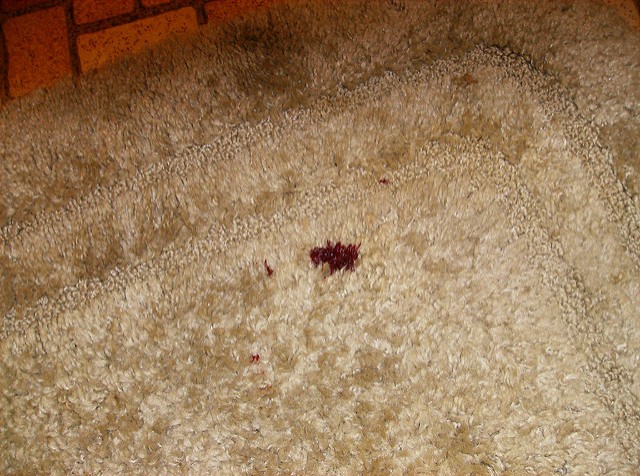
Vinegar is useful for removing small stains from carpets, but the more resistant stains will need a specific treatment. Using vinegar, in addition to being useless, could also stain the fabric.
Never use vinegar together with bleach.
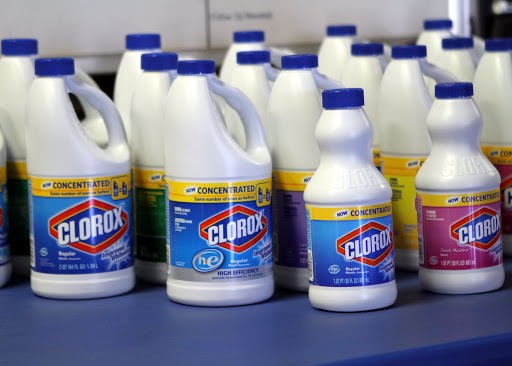
When bleach and vinegar are combined they react by producing gaseous chlorine. This gas can cause skin irritation and difficulty in breathing, but also more serious effects if in higher concentrations.
Egg stains
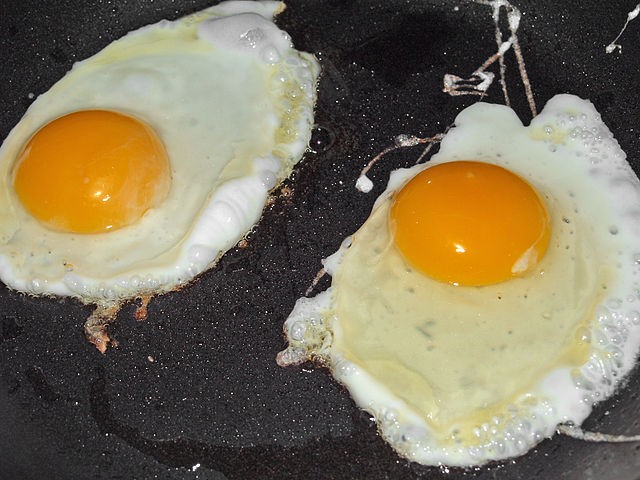
Egg stains on fabrics or other surfaces, if treated with vinegar, can coagulate and become even more difficult to remove.
Washing machine
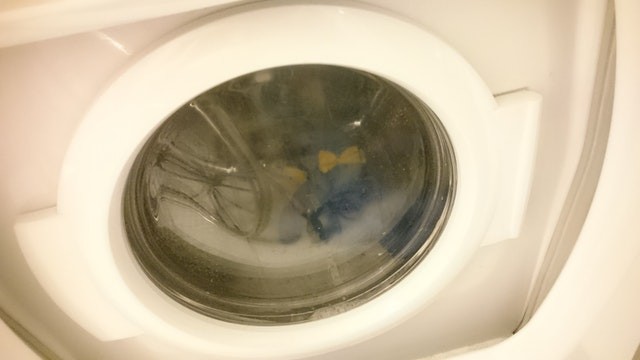
It is often said that to disinfect a washing machine, it is occasionally necessary to run an empty washing machine with vinegar. However, there are those who say that the vinegar could damage the rubber components (seals) and therefore compromise its operation.
It is advisable to consult the user manual or get in touch with the manufacturer and ask for clarification regarding the use of vinegar.
Solid wood floors
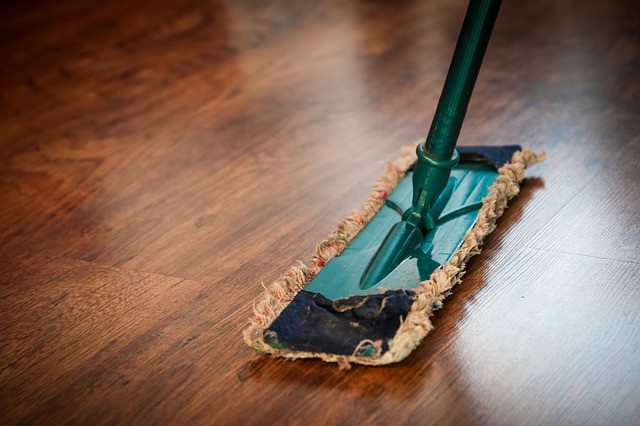
The installers say that using vinegar on this material has the same effect as sandpaper because it "eats" the protective and glossy finish. In these cases, you should only use wood-specific products!
Aluminum
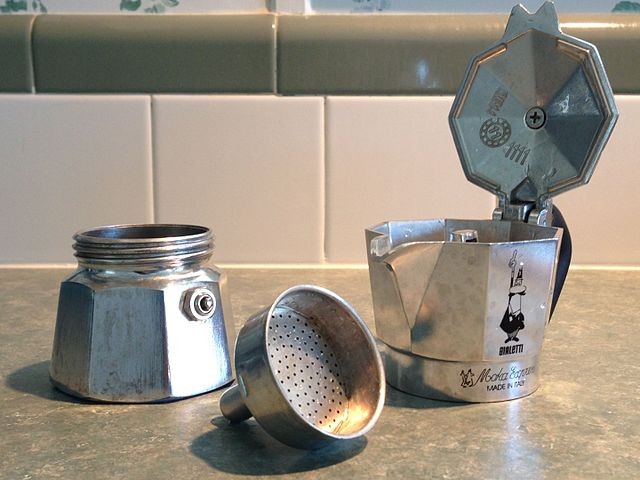
Do not use vinegar to clean all your aluminum cookware or other objects of this same material, otherwise, stains will appear on the surface!
Carbon steel knife blades
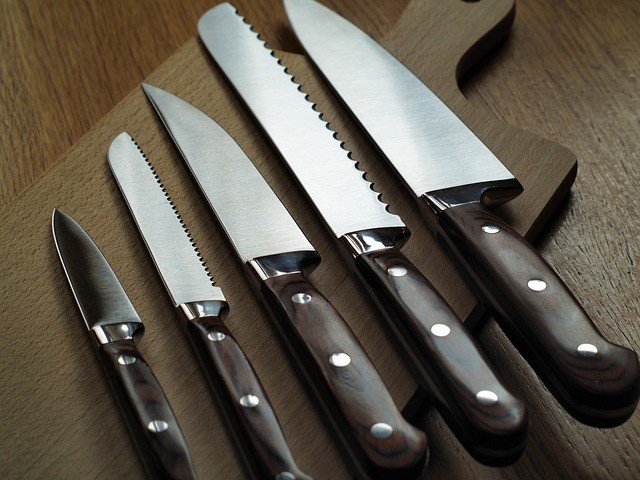
This material is irreversibly damaged when it comes into contact with acid. if you want to keep your knives shiny and sharp, absolutely avoid using vinegar.
